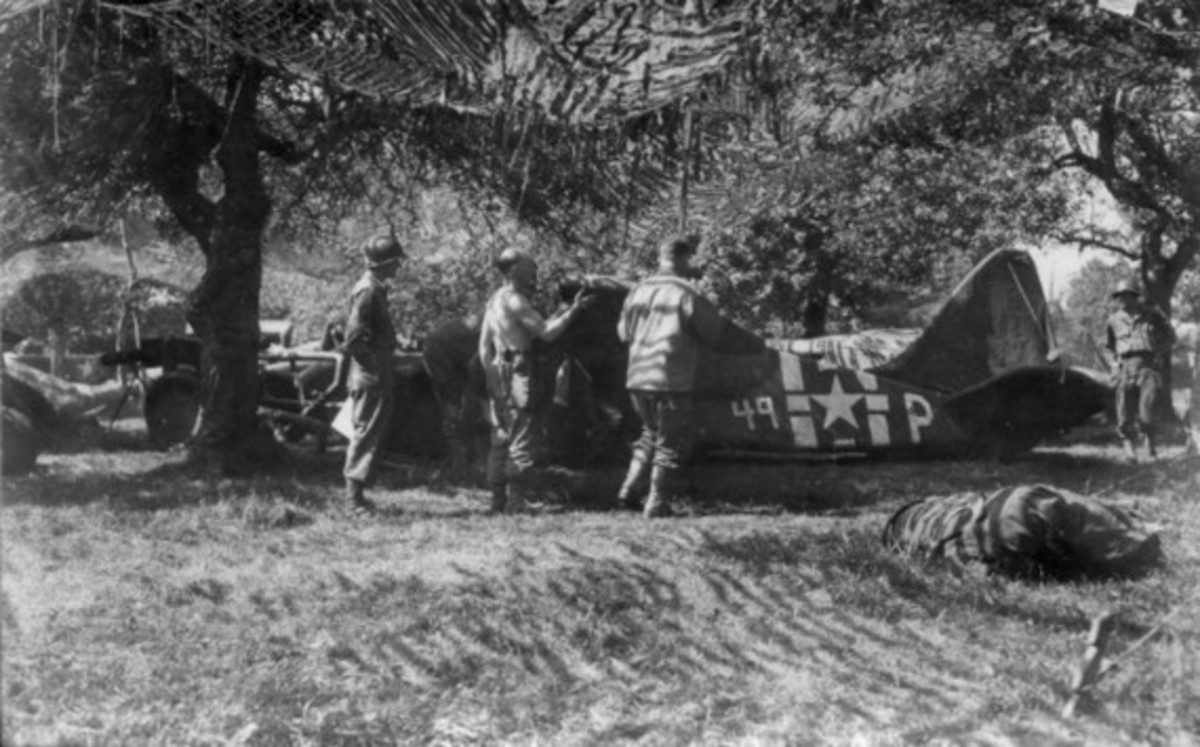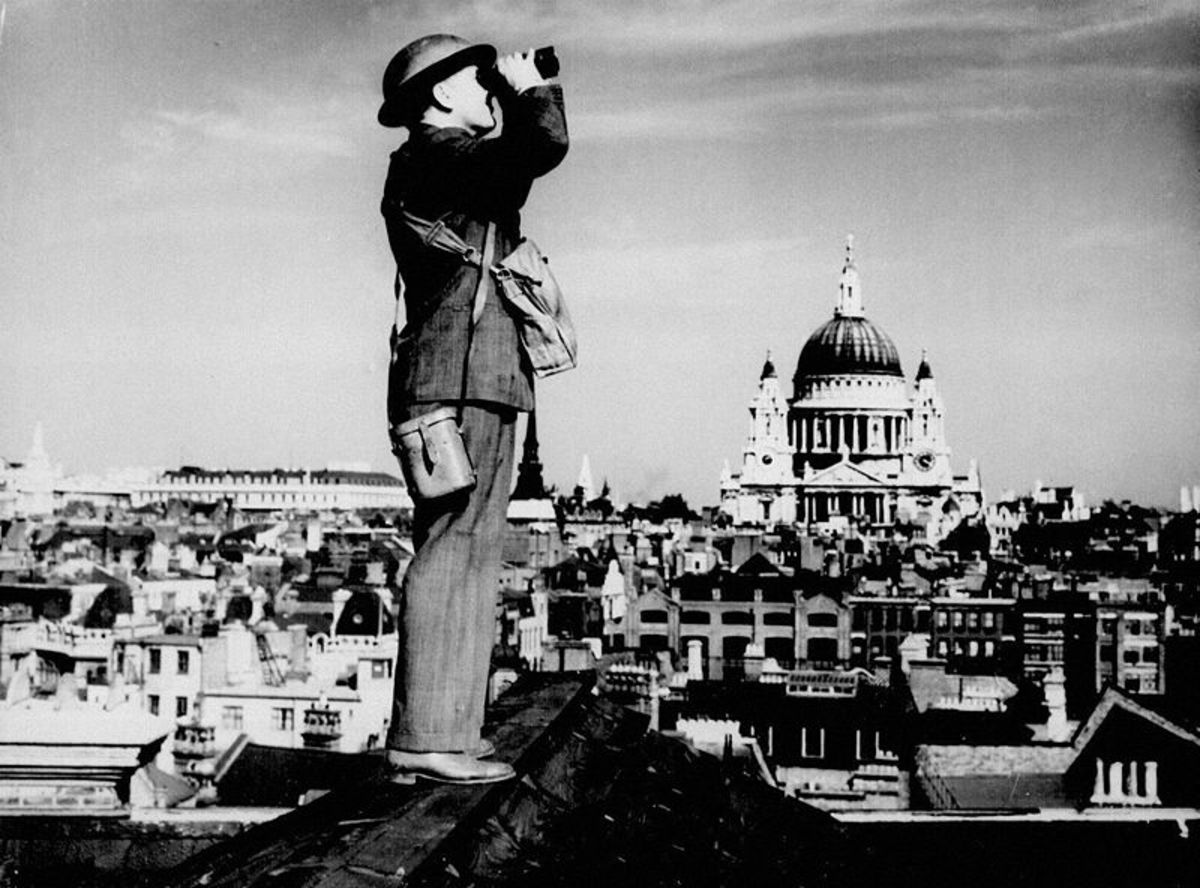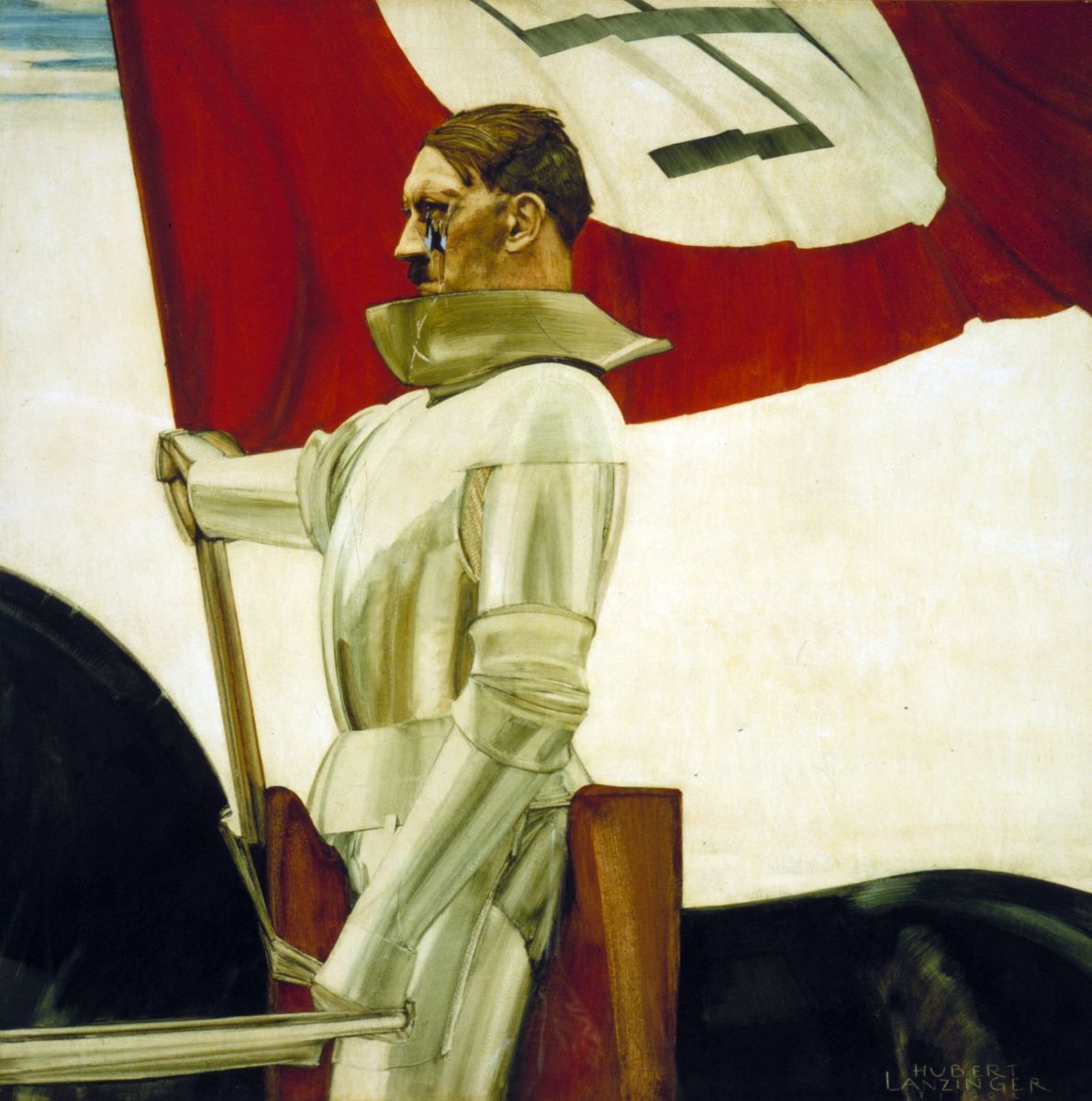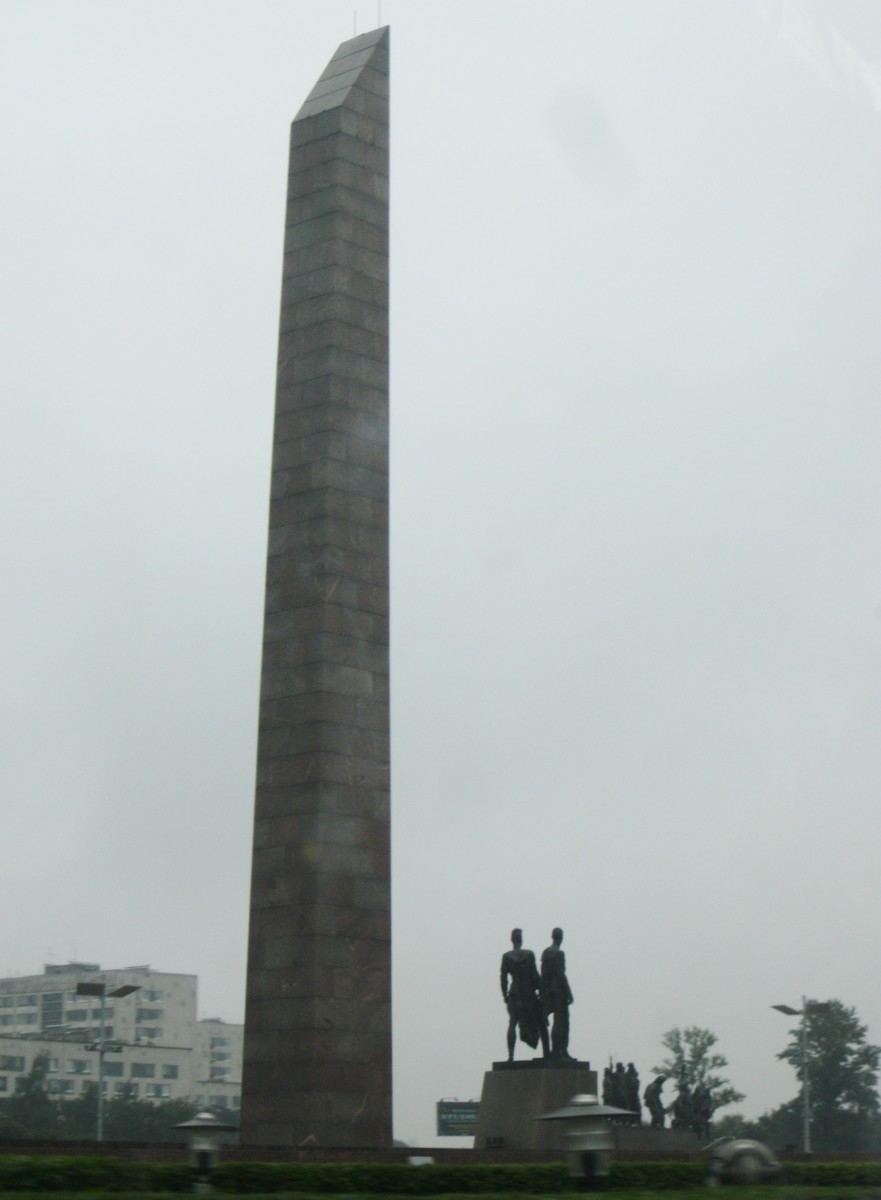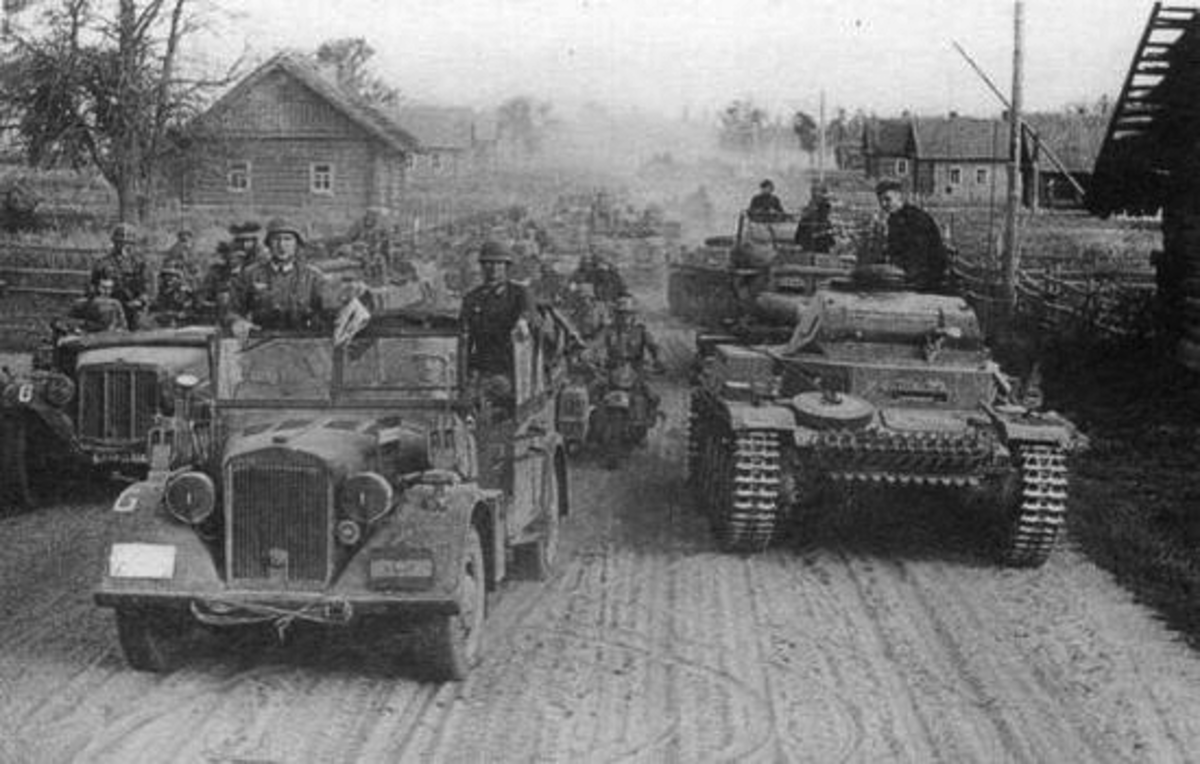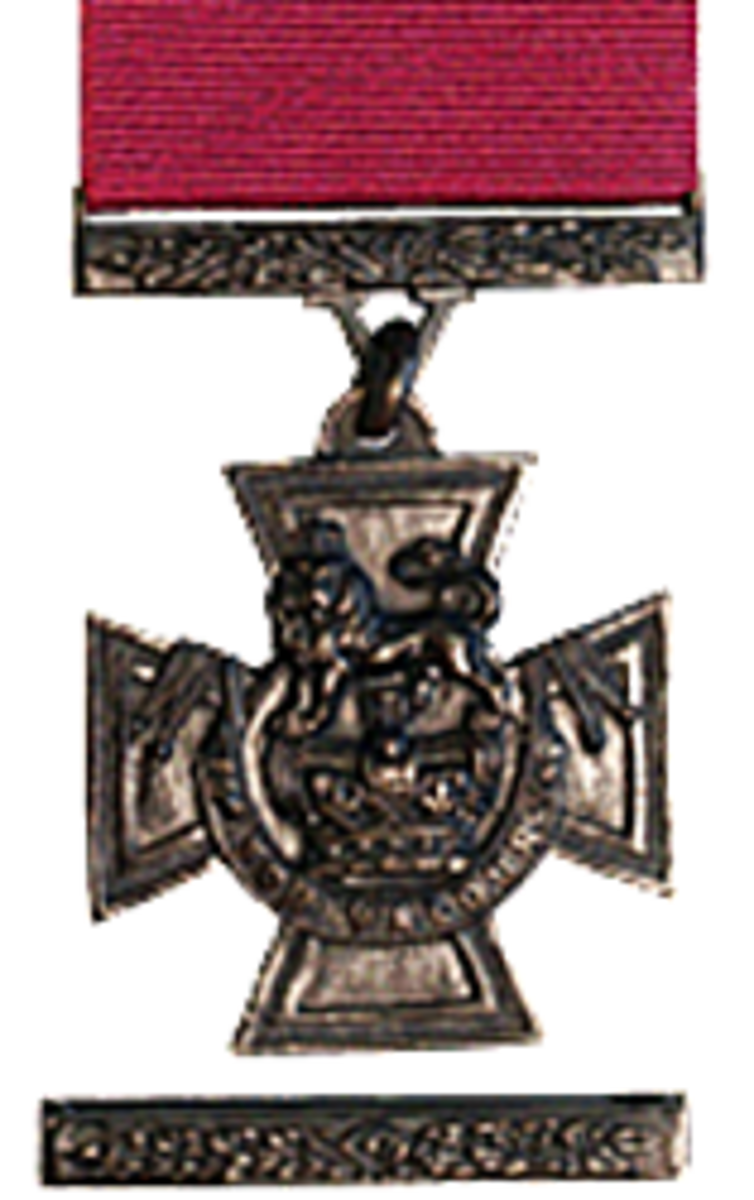- HubPages»
- Education and Science»
- History & Archaeology»
- History of the Modern Era»
- Twentieth Century History
World War II: Hitler and Spain
Spain's Dictator
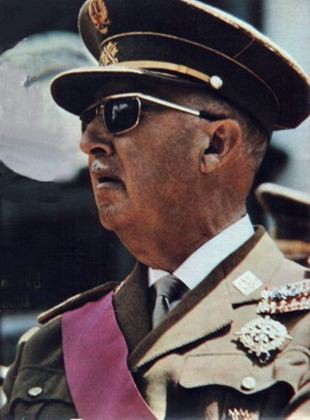
Introduction
Spain was one of the great enigmas of the Second World War. Despite the fact the technically Spanish dictator General Franco was a natural ally to Hitler, they actually had a rather low opinion of each other. Hitler likened the Spanish leader to a ‘fat sergeant’ while Franco retorted by calling Hitler a ‘stage actor’ after a conference held in a railway carriage at Hendaye, France in October 1940. You could be forgiven for thinking that such insults would seriously tarnish relations between the two countries, but in reality it mattered not. Hitler and Franco were only allies in principle and thus weren’t closely involved with each other at all. Franco wasn’t interested in adjoining himself to the Axis, but he wanted what he could get out of Hitler’s war, namely modern day Morocco- owned by the French at the time. But Hitler wasn’t interested in doing any heavy lifting on Franco’s behalf, and there was very little chance that Franco himself would take on the challenge as his country was recovering from an exhausting and ravaging Civil War.
Operation Felix- The Invasion of Gibraltar
However, despite Franco’s reluctance to plunge his country into open warfare, he was already working together with Hitler, and had been for several months. Both men recognised the strategic importance of Gibraltar which despite being a mere speck on the map, was of huge strategic importance, due to its position. Basically, whoever controlled the famous rock was able to control traffic in and out of the Mediterranean Sea.
The Hendaye Conference provided Hitler with the opportunity to formally ask Franco for his permission to mount an attack through Spain. Hitler vowed that once victory over the Allies was sealed he would hand Gibraltar over to Spain. Franco was tempted by the idea, but remained noncommittal. Hitler remained determined to pursue the project and in November 1940, a month after the Hendaye Conference he issued Fuhrer Directive No. 18, otherwise known as Operation Felix. The plan involved General Ludwig Kubler leading an army corps across the Pyrenees and down through Spain. A Panzer force led by Rudolf Schmidt would provide protection in the rear and the Luftwaffe would support from the air flying from Spanish airfields.
The Location of Gibraltar
The Most Famous Rock in Europe
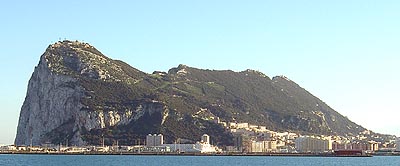
Defeating the Last Enemy
By this time Hitler had already experienced his first defeat of the war. The RAF’s victory in the Battle of Britain had prevented any sort of victory through conquest. Now, the terms of victory had changed, if Britain couldn't be defeated through conquest, then victory needed to be achieved by submission, in other words by putting Britain to siege.
The German Navy were already hard at work attempting to isolate Britain from the rest of the world. The U-Boats were wreaking havoc on transatlantic shipping, but now Hitler intended to turn the screw. Contrary to popular thinking the fighting in North Africa was not totally about oil, it’s important to note that the countries along the southern shore of the Mediterranean control the approaches to the Suez Canal. The Italians had already established a presence in the region and now the Germans had seized control of Morocco and Algeria from the French. With the capture of Gibraltar, the Axis would have been able to totally isolate Britain from its eastern empire.
A Memorial to Fallen Spanish Heroes
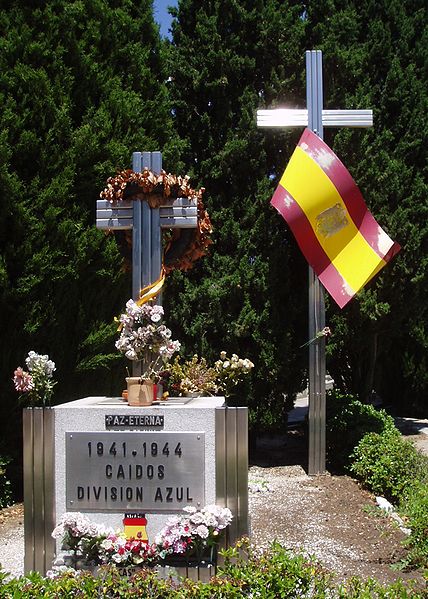
Franco and Hitler- Allies or Enemies?
Was Franco tempted by the idea of cutting Britain off from its eastern empire and reclaiming Gibraltar for Spain? Definitely! But he cast cold water on any sort of concrete plan; the simple fact of the matter was that the majority of the population at the time were living below the poverty line; therefore Spain couldn’t possibly sustain a major military offensive. Franco’s scepticism revealed itself when he asked Hitler in a rather insulting fashion, how could he be sure that he would ever be in a position to give him Gibraltar? He was one of the few men at the time that remained unconvinced that the Germans would win the war.
Weeks rolled by, very little progress was made, due mostly to the fact that Franco repeatedly brushed off a barrage of requests by both Germany and Italy alike. Hitler however, was not the kind of man who would take no for an answer, and was ready and primed to proceed without permission. He intended to seize Gibraltar and also take Spain’s North African colonies to use as bases for his U-Boats. But the plans strangely never came to pass.
Franco was probably the less well known of Europe’s dictators. It seems rather strange that he never sided with Hitler, especially considering the fact that Hitler actively aided the Spanish dictator during the brutal Civil War by sending men, tanks and planes to Spain. Franco was also an enemy of communism and its associated works which makes the lack of union between Spain and Germany even more baffling. Franco however, for all authoritarianism had little patience for the world changing and totalitarian philosophies of Italy or Germany. Franco was more of an ultra conservative than a world changer; ideologically, he was rather a simple soul who supported old institutions such as the Church and state.
It’s important to remember for all his reluctance to aid the Axis, Franco was still a monster to his own people, and he ruled with an iron fist and kept his population barely above the poverty line. He also prevented and suppressed those people who identified themselves as Basque or Catalonian, as far as he was concerned everyone in his country was Spanish. But still, he was nobody’s fool and definitely nobody’s puppet. Hence Hitler’s exasperation and eventual anger; Franco, remember was a seasoned soldier and was sceptical about Hitler’s ability to achieve all of his aspirations, going as far to believing that he might lose the war. Spain had a lot to lose, particularly the Canary Islands. The British Royal Navy would make short work of seizing them. So you can understand why the Spanish dictator was hesitant of openly allying himself to the Axis and also why at times he regarded the Fuhrer with the utmost contempt.
In the end, Spain’s only real serious contribution was the service of several thousand volunteers who signed up to fight for the Germans against the Soviets. They formed their own division- the Blue Division, but unfortunately none got the chance to return to Spain, as they all perished on the Russian Front. But Franco was in truth, a frustrating partner; despite the occasional warm words he offered, and general sympathy for the German cause, he thought only of himself and Spain. He never gave the Fuhrer his wholehearted support, which Hitler believed was his right.
More on the Blue Division- the Spaniards who Fought for Hitler
- The Spaniards who fought for Hitler | Iberosphere | Spain News and Portugal News - Information and A
The ‘División Azul’, a Spanish force that fought alongside the German army against Russia in World War II, has mostly been overlooked by history books and filmmakers. A new book by Jorge Martínez Reverte seeks to redress the balance.
Did Spain Really Matter?
To a certain extent, it didn't really matter where Franco’s loyalties lay. It was centuries since Spain had been a superpower, and now the country had been left broken and battered by three ferocious years of intense civil war. The starving populace had no fight left in them; the economy was totally shattered. Hitler himself had been wary of acquiring an ally who would cost him much more in assistance than it could conceivably supply him in support. This is something that he would later come to discover about Mussolini’s Italy, it’s now widely known that Hitler had intended to originally attack Russia in the spring of 1941, but had to wait until June because he was still clearing up Mussolini’s Balkan disaster. He had also had to come to his aid in North Africa after the British had succeeded in driving the Italians out of both modern Ethiopia and Libya.
Spain though, still mattered to Hitler, and it wasn’t just the prospect of controlling Gibraltar- the gateway of the Mediterranean. Hitler had already entertained the possibility that the Allies might launch an invasion to liberate Europe. Spain offered a chance for the Allies to invade France via Gibraltar and Spain. The Germans didn’t just think offensively in terms of strategy, they were also conscious of defensive dangers and Spain certainly was that, at least in the mind of Hitler.
Operation Isabella
So from the German point of view then, Spain wasn’t as peripheral as Franco had chosen to believe. The Spanish leader’s stark reluctance to endorse Operation Felix infuriated Hitler who decided to take matters into his own hands. He drew up another plan called Operation Isabella in June 1941. It was really more of a back of an envelope type of plan, not much more than a rough outline. Although Hitler tended to believe that even the roughest of sketches could be transformed into law. He did however, appreciate that the imminent war with Russia meant that Isabella would have to wait.
So, as Hitler’s gaze turned eastwards towards his most hated enemy, Stalin and Communist Russia, Operation Isabella was put on the back shelf. As Operation Barbarossa, firstly steamrolled, then flagged and then ultimately failed, the plan to invade Gibraltar via Spain never came to pass and was probably never even considered by the Fuhrer again.

